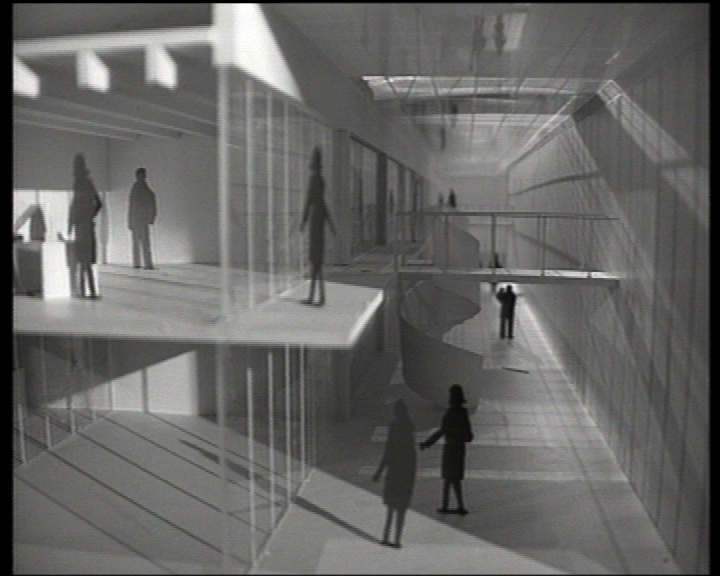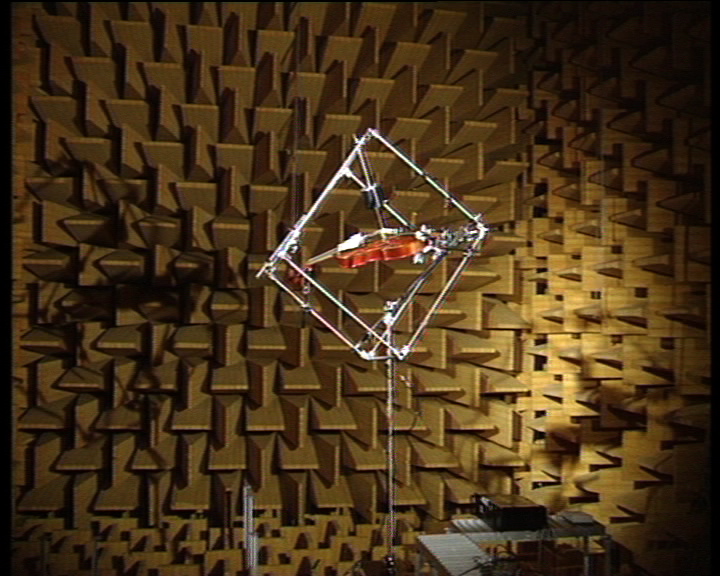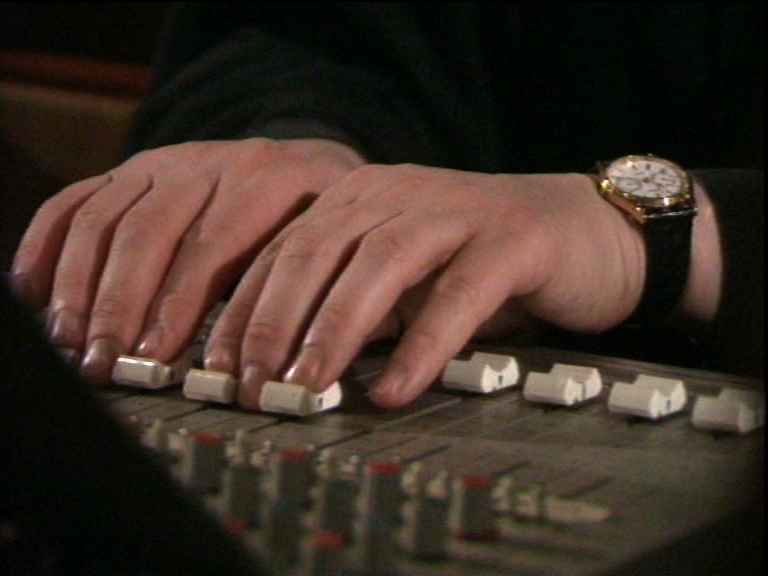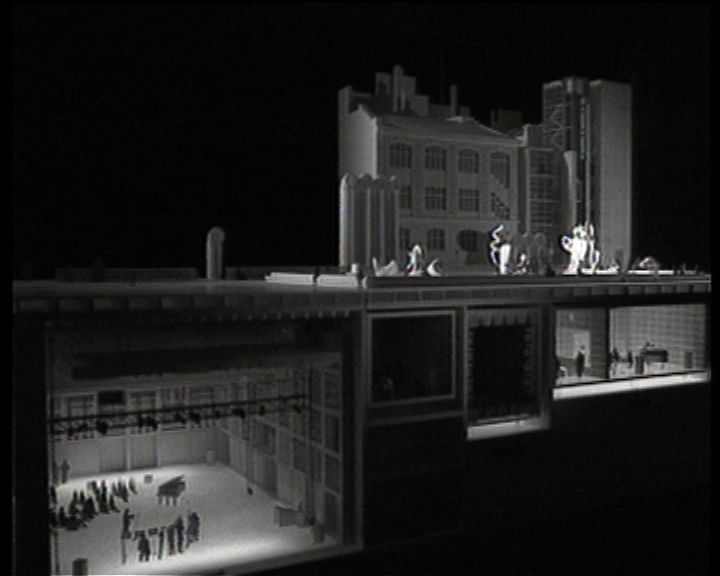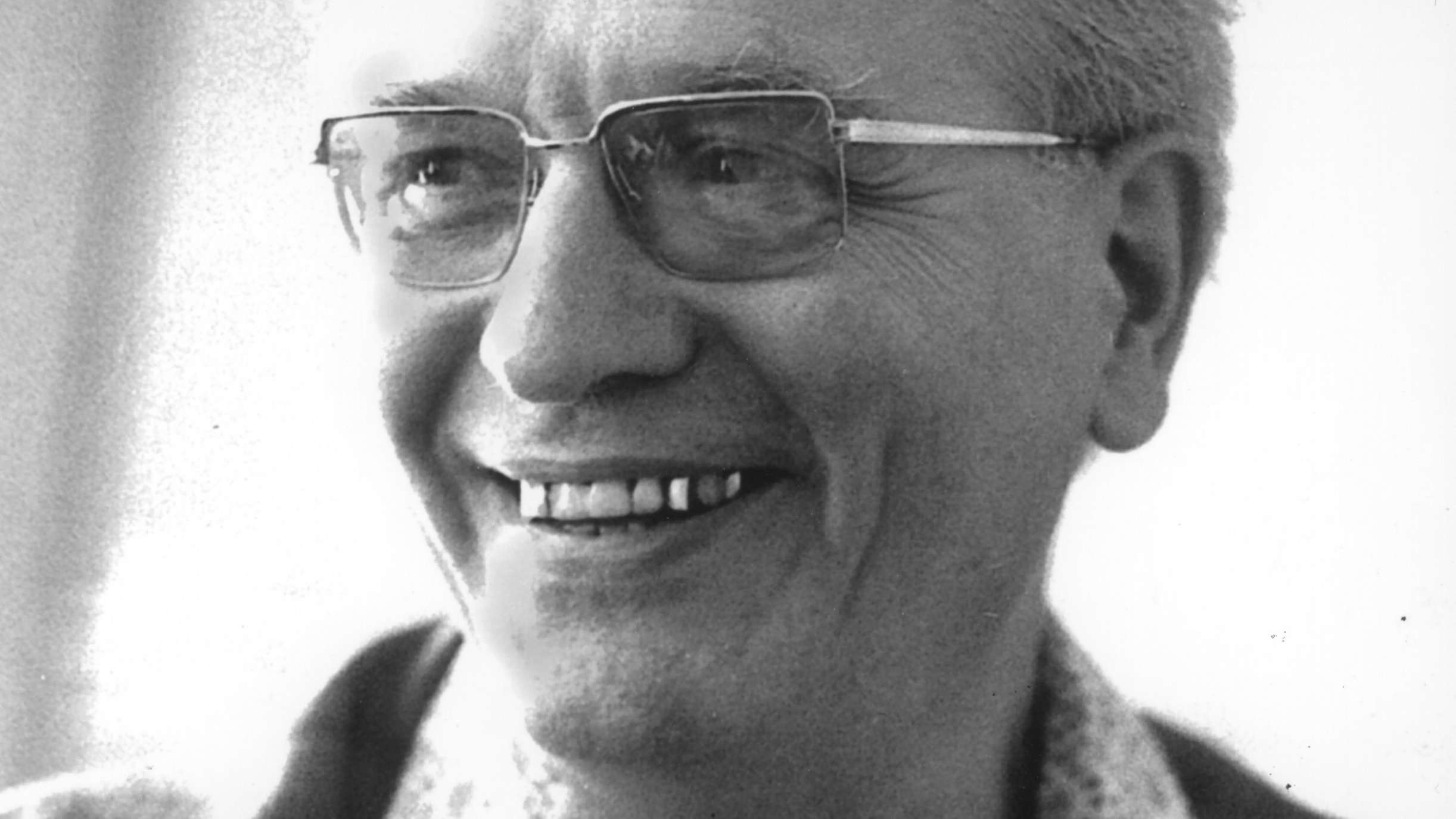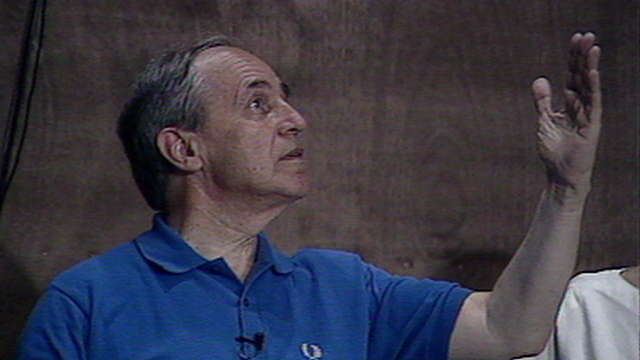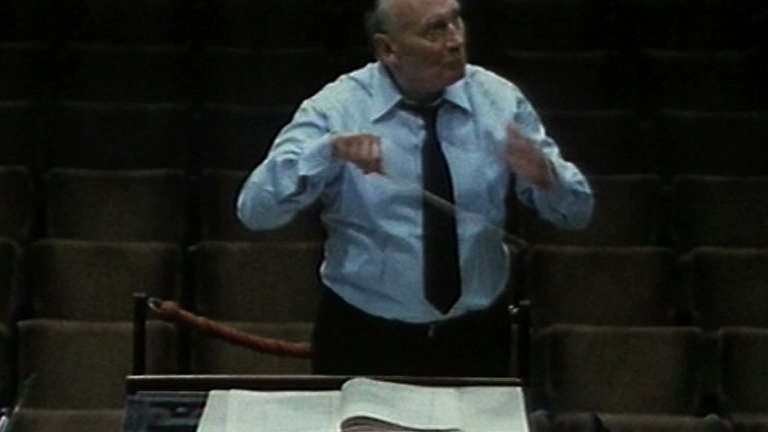Music and Sciences: A Journey Inside the IRCAM
It is quite easy to demonstrate that music, from its origins, has maintained privileged relationships with science through at least three disciplines: arithmetic, the physics of vibrating bodies, and combinatorics. These are intimate connections, as from the instrument maker to the builder of basilicas (the first concert halls…), including composers and performers, none were unaware, at least intuitively, of these fields of knowledge.
The 20th century profoundly altered this relationship by allowing science and technology to massively invade the entire musical domain: composition, instrumentation, mechanical reproduction, perception, consumption, social function, and more.
Type (Documentaire / Documentaire fiction / Série documentaire)DocumentaryGenre en anglaisArts & Culture Directed by Olivier Mille, Pierre BourgeoisSupported by CNC, SACEMYear1992Duration52min
Addressing such a subject on television would require at least six hours of programming and considerable resources. It seemed interesting to us to find a format that would serve as a kind of prologue to the vast topic of MUSIC AND SCIENCE, presenting the main elements of this theme in a synthesized manner.
In France, there is an institution that, by its vocation and structure, serves as a crossroads for the various issues mentioned above: IRCAM (Institut de Recherche et Coordination Acoustique/Musique), a place of confrontation between artistic creation and scientific research for music.
Taken as a paradigm, IRCAM allows us to present, from a single location, the main trends in musical reflection and experimentation today. With numerous sequences filmed in Russia, Glasgow, and Avignon, this documentary is a fascinating journey into the cutting-edge technology of modern music.
